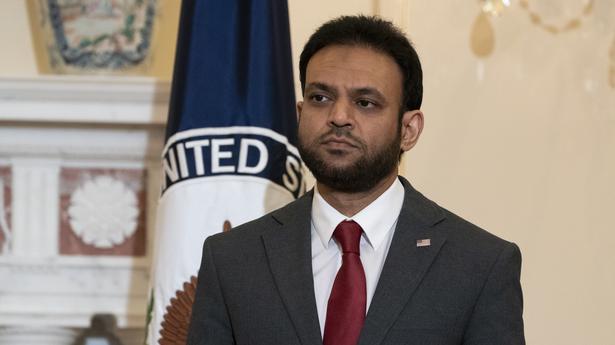
U. S. Ambassador for religious freedom concerned over the treatment of religious communities in India
The Hindu
The U. S. was “concerned" about a number of religious communities in India and was “dealing directly” with Indian officials to address the challenges, Rashad Hussain said.
The U. S. Ambassador at large for international religious freedom Rashad Hussain has voiced concern over the treatment of a number of religious communities in India and said Washington was dealing directly with Indian officials to address the "challenges." Addressing the International Religious Freedom (IRF) Summit in Washington on June 30, Mr. Hussain said his father came from India to the U. S. in 1969.
"This country gave him everything but he loves India and follows what happens every day. My parents and we have a conversation about that, as do so many of you who reach out to us and are looking at what’s going on in India and love the country and want to see it live up to its values," he said.
The U. S. was “concerned" about a number of religious communities in India and was “dealing directly” with Indian officials to address the challenges, Mr. Hussain said.
“India now has a citizenship law that’s on the books. We’ve had open calls for genocide in India. We’ve had attacks on churches. We have had a ban on the hijab. We’ve had demolitions of homes," the Indian-American diplomat said.
"We’ve got rhetoric that’s openly being used that’s dehumanising towards people, to the extent that one Minister referred to Muslims as termites," he said, apparently referring to Union Home Minister Amit Shah's comments. In one of his speeches, he referred to Bangladeshi migrants as "termites".
"So you have these ingredients..so it's important that we take note and work towards the challenges we face," he said, adding that it is the “responsibility” of the United States to speak out on human rights and religious freedoms not just in India, but across the world.

U.S. President Donald Trump threatens 200% tariff on wine, champagne from France, other EU countries
Trump threatens 200% tariffs on European alcohol in response to EU levies, sparking trade tensions and market uncertainty.












